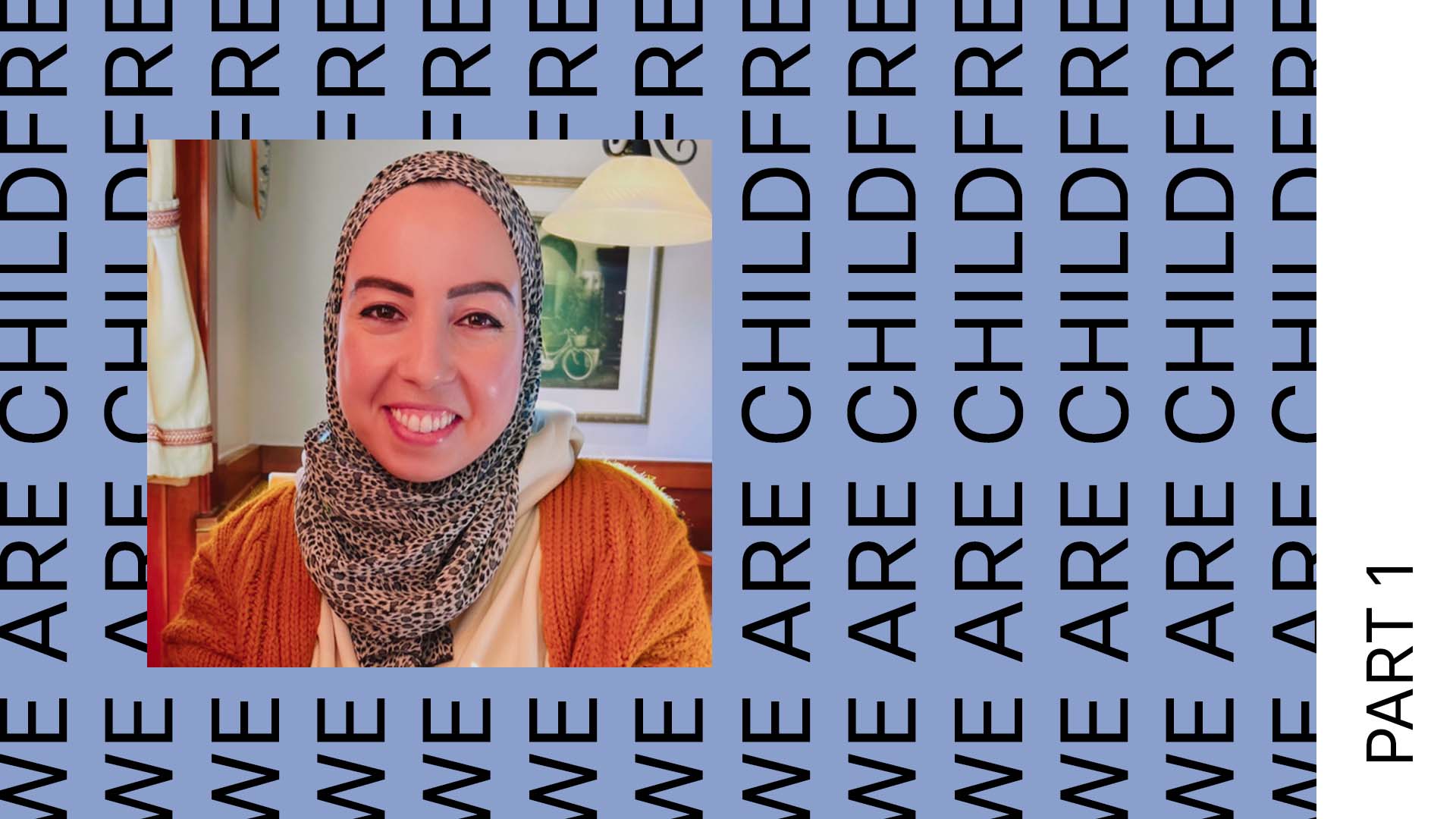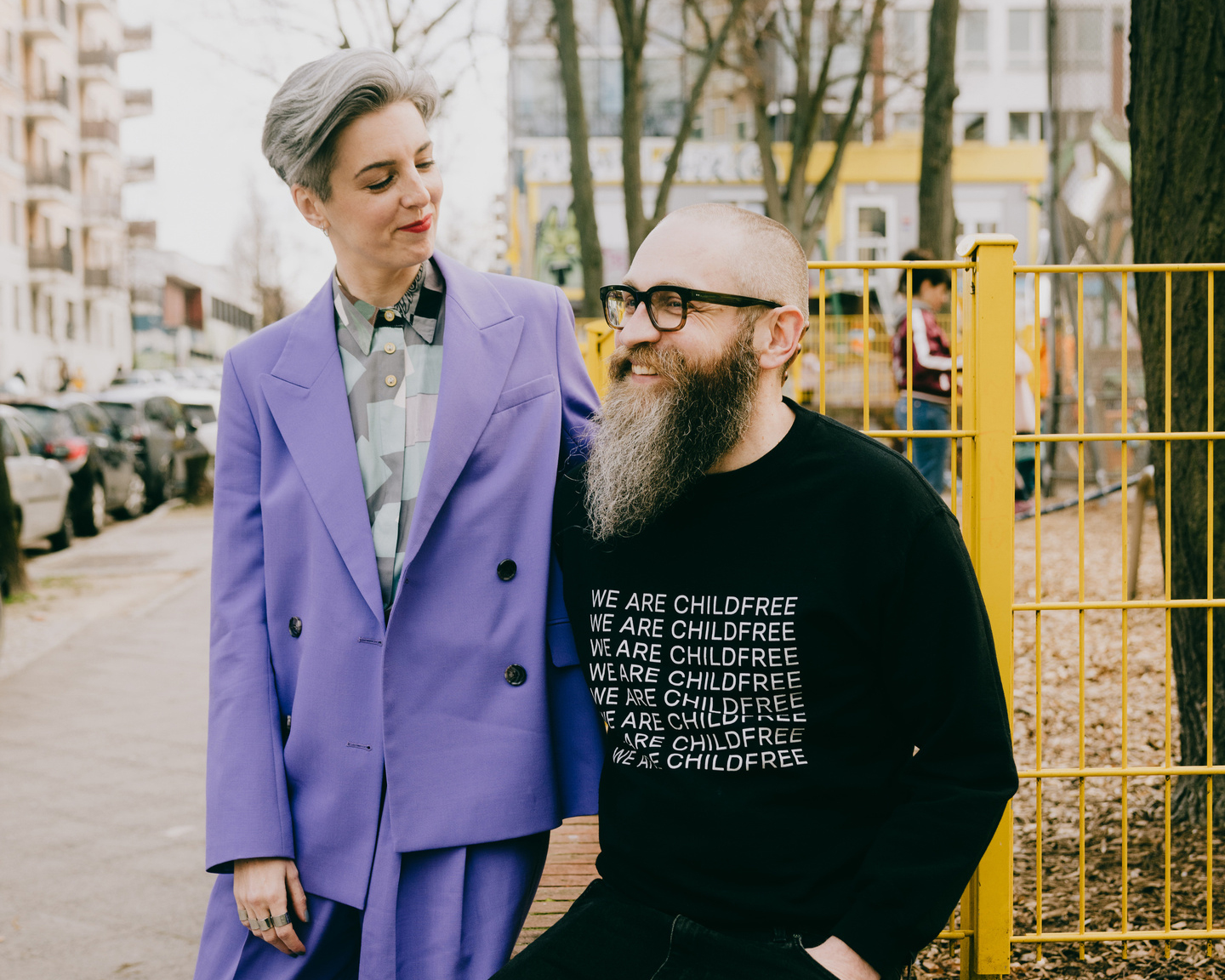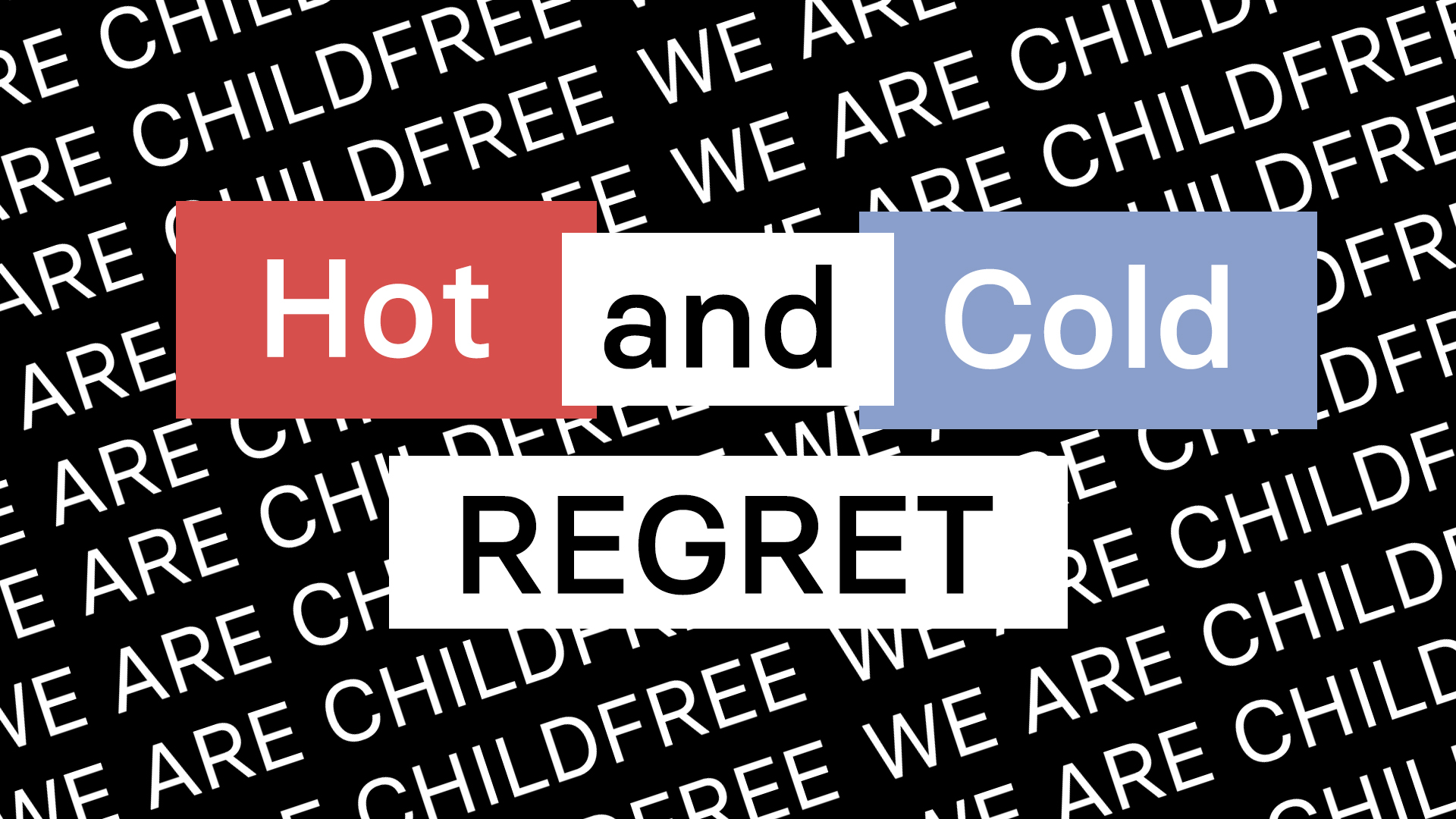Laur Fitch argues for a feminism that goes beyond celebrating our choices.
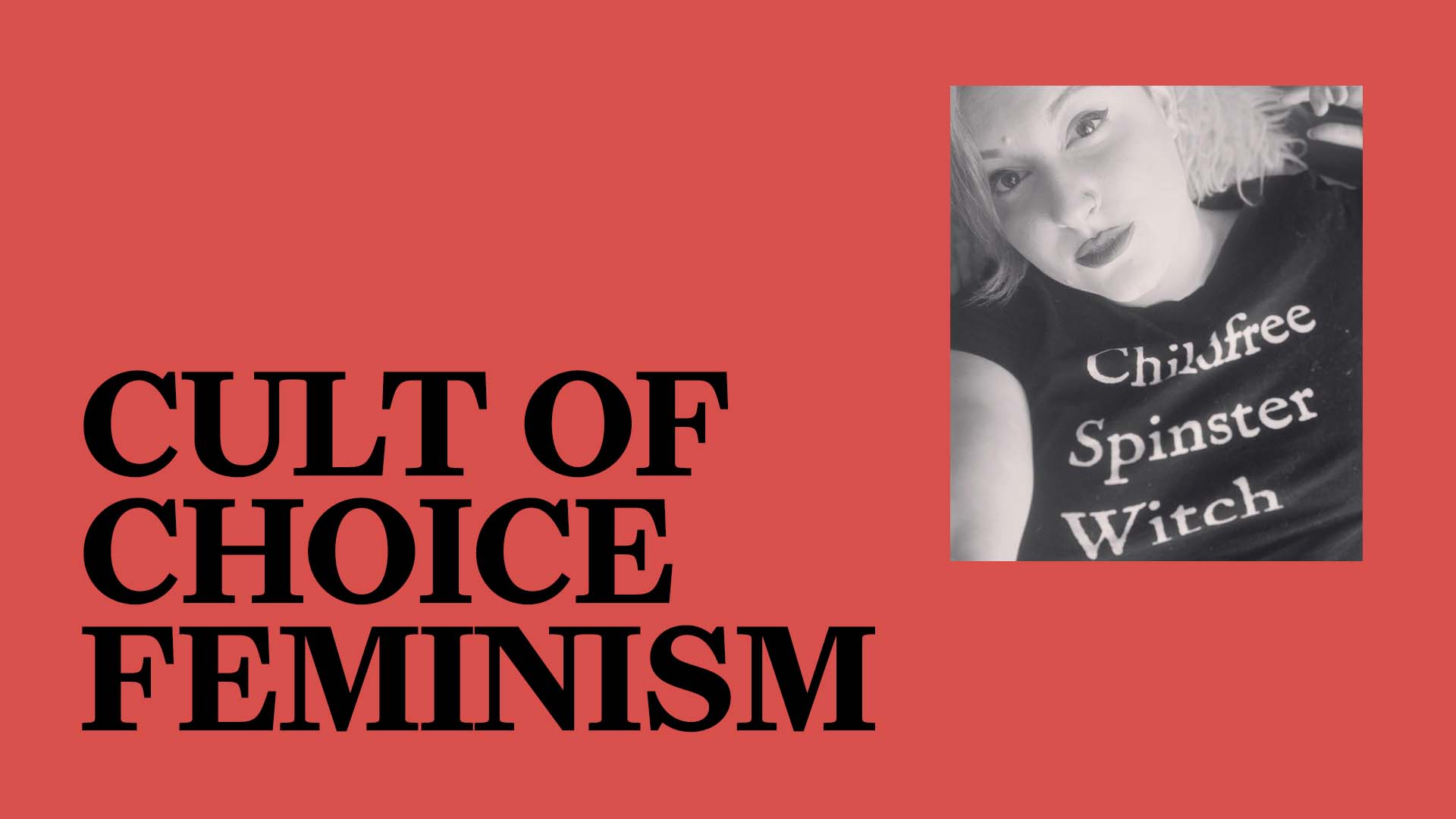
“We forgot our dream: freedom.”
When I was a very young feminist, I read the literature. There seemed, to me, to be no way to escape the Patriarchy without tearing it down limb from limb. I looked to our foremothers like Andrea Dworkin, Catherine MacKinnon, Gloria Steinem, Bell Hooks, and even Simone de Beauvoir as my heroes. They were willing to do and say what others would not.
In recent years, I’ve come across something that quite frankly disturbs me to my core: the rise of “choice” feminism. These choice feminists include “boss babes,” “girl bosses,” mothers who refuse to deconstruct, pick-me girls, and women who get all of their information on what feminism is from social media. It’s hard not to fall into these patterns these days, when “having it all” isn’t just a myth, but an unattainable pursuit. Marriage is seen as a “choice.” We forgot that forty years ago, it wasn’t a choice, but a necessity, and our foremothers who have passed are rolling in their graves.
The conversation around motherhood has shifted from advocating for things like subsidized child care, paid maternity leave, and other benefits to outright shaming women who choose the opposite path – reminiscent of Marcia Drut-Davis’ firing from her job as a teacher after declaring on 60 Minutes that she did not want children. We’ve moved from the concept of liberation to attempting to make tomorrow a little more bearable. We’ve seen a rise in states promoting anti-choice laws, and a renewed spirit in the fight to overturn Roe v. Wade, without any frank discussion about the history behind that case, and why the religious right moved in that direction in the first place. We’ve come to complacency, and how to live within the system.
We forgot our dream: freedom.
They want women to have more children, to create more workers, to have someone to oppress. They want women to be complacent.
Still think choice is the way forward?
This is not to say that individual women who choose to become stay-at-home moms are bad, or inherently oppressing other women, but it would be misguided to call that choice “feminist,” especially because the option to be a stay-at-home mother in this economy is inherently a class privilege. A woman who has the ability to choose to wear makeup, shave her legs, or sexualize herself has a privilege that other women do not. Either for economic reasons or worse, because her life would be put in danger. A woman who chooses to take her husband’s last name is supporting the patriarchal structure of society. Trans women do not have the option not to wear makeup in most cases: their lives may be put at risk.
And when we utilize this language to describe feminism, we are inevitably commodifying and reinforcing a long line of Patriarchal structures. An individual cannot take down a system of oppression, that takes organizing, that takes sacrifice, and it takes a willingness to analyze our own decisions.
But if a woman does analyze her own wants, separate from her own socialization, and she still wants it, then yes, make that choice, but stop calling everything feminist. You can be a feminist and make traditional choices, it’s the language that needs changing.
This article was originally published on Laur Fitch’s Medium.
SHARE:
